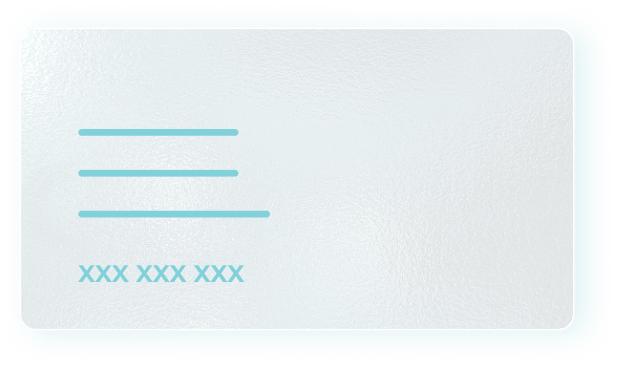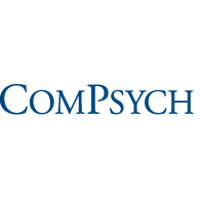
Mental health forms an integral part of our overall well-being and profoundly influences how we think, feel, and act. Mental health disorders are pervasive public health concerns affecting millions of all ages, races, and socioeconomic statuses. They manifest in various forms, from anxiety and depression to more severe conditions like bipolar disorder. Moreover, mental health disorders frequently co-occur with substance use disorders – a reality that adds a layer of complexity to diagnosis and treatment. This article will explore the three most common mental health disorders in the United States, their co-occurrence with addiction, and how institutions like Crosspointe Recovery can provide integrated care for these conditions.
Anxiety Disorders
Understanding Anxiety Disorders
Anxiety disorders are the most common mental health disorders in the U.S, affecting about 40 million adults annually. They include conditions like generalized anxiety disorder (GAD), panic disorder, and social anxiety disorder. Anxiety disorders often co-occur with substance use disorders, as individuals may use substances to alleviate their symptoms.
Impact and Treatment at Crosspointe Recovery
At Crosspointe Recovery, they understand the intertwined nature of anxiety disorders and addiction. The integrated treatment approach they use addresses both anxiety and substance use disorder concurrently, ensuring a holistic recovery path.

Major Depressive Disorder
Understanding Major Depressive Disorder
Major depressive disorder, more commonly known as depression, affects approximately 7.1% of the U.S. population or about 17.3 million adults. Depression can lead to a dual diagnosis with substance abuse as individuals may use drugs or alcohol to cope with their feelings of sadness, lethargy, or hopelessness.
Impact and Treatment at Crosspointe Recovery
Crosspointe Recovery adopts a comprehensive approach in treating depression and co-occurring substance use disorders. Their experienced team of professionals uses evidence-based therapies to address both conditions simultaneously, ensuring that the root cause of each issue is addressed.
H2: 3. Bipolar Disorder
Understanding Bipolar Disorder
Bipolar disorder, affecting approximately 2.8% of U.S. adults, is characterized by significant mood swings ranging from manic highs to depressive lows. Many individuals with bipolar disorder may turn to substance use to manage their symptoms, leading to a dual diagnosis.
Impact and Treatment at Crosspointe Recovery
Crosspointe Recovery provides a supportive environment and an integrated treatment approach for individuals dealing with bipolar disorder and co-occurring addiction. The center’s approach ensures that both conditions are treated concurrently, contributing to better outcomes for the individual.

Conclusion
Addressing mental health disorders requires comprehensive, integrated, and personalized care – especially when these conditions co-occur with substance use disorders. Crosspointe Recovery is a beacon of hope in this regard. Their seasoned team of professionals provides evidence-based care, treating both mental health disorders and addiction simultaneously. By doing so, Crosspointe Recovery ensures that individuals receive the holistic care they need to reclaim their lives from mental health disorders and addiction.
















